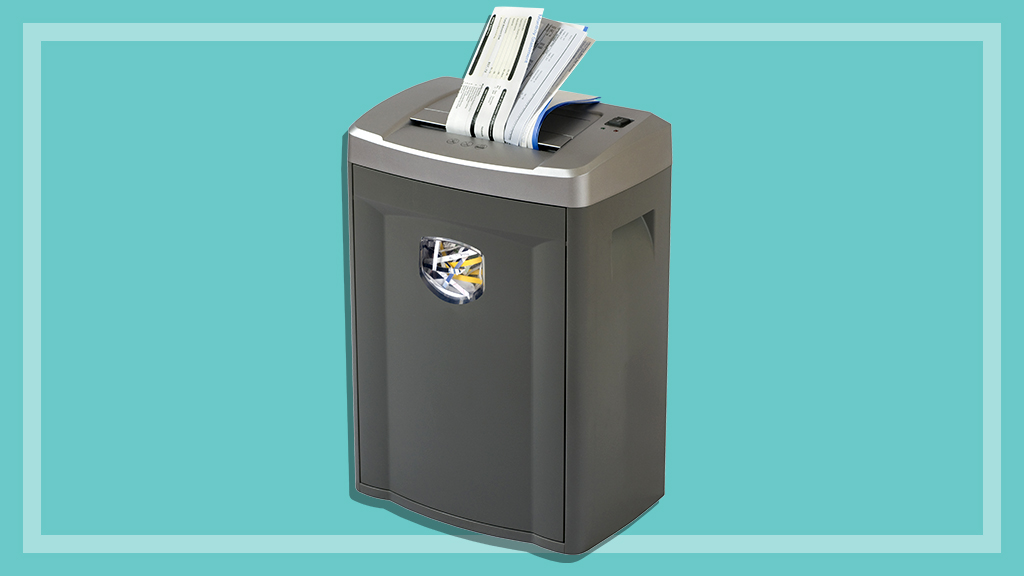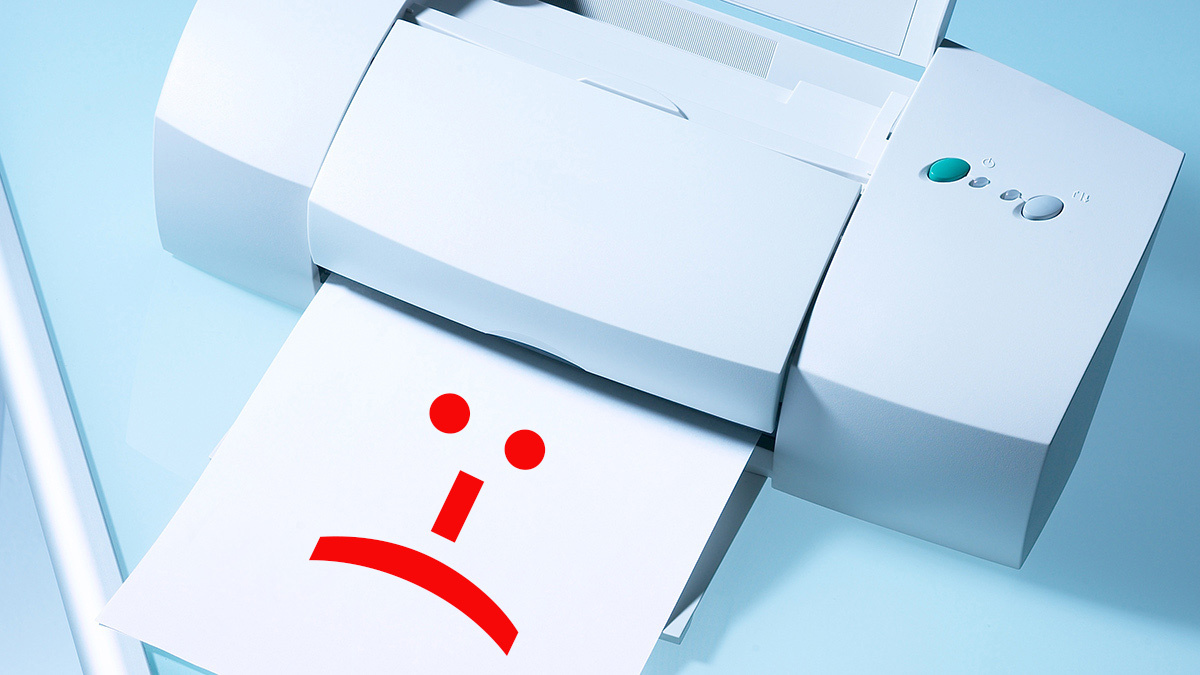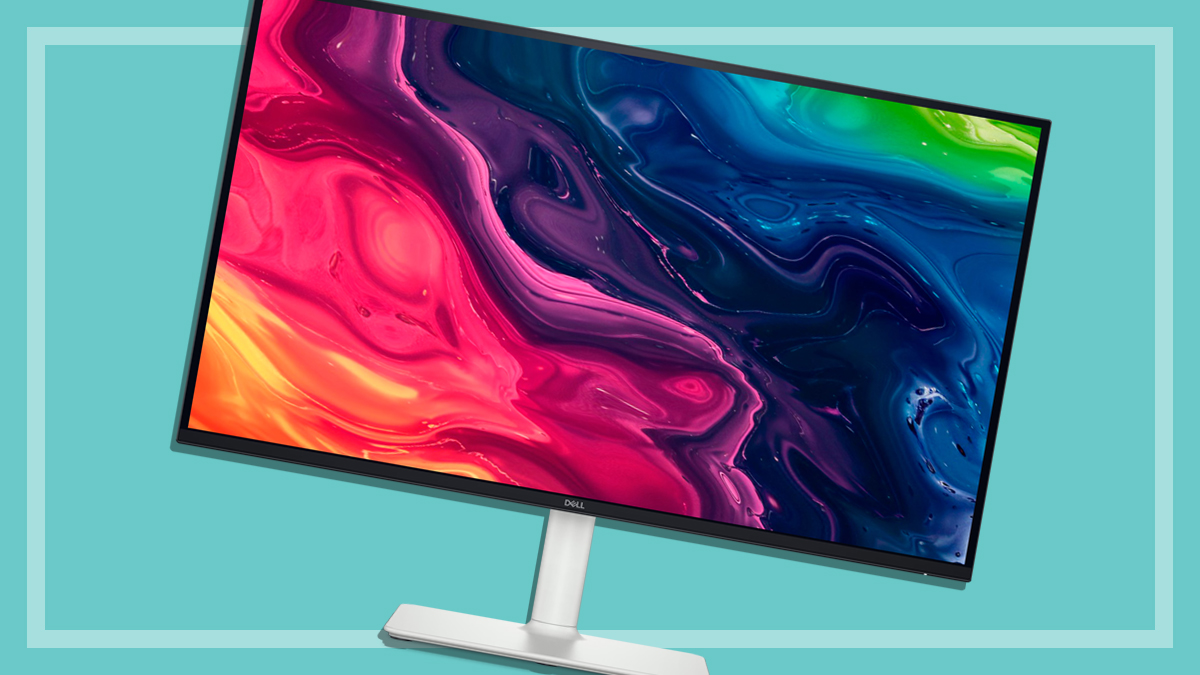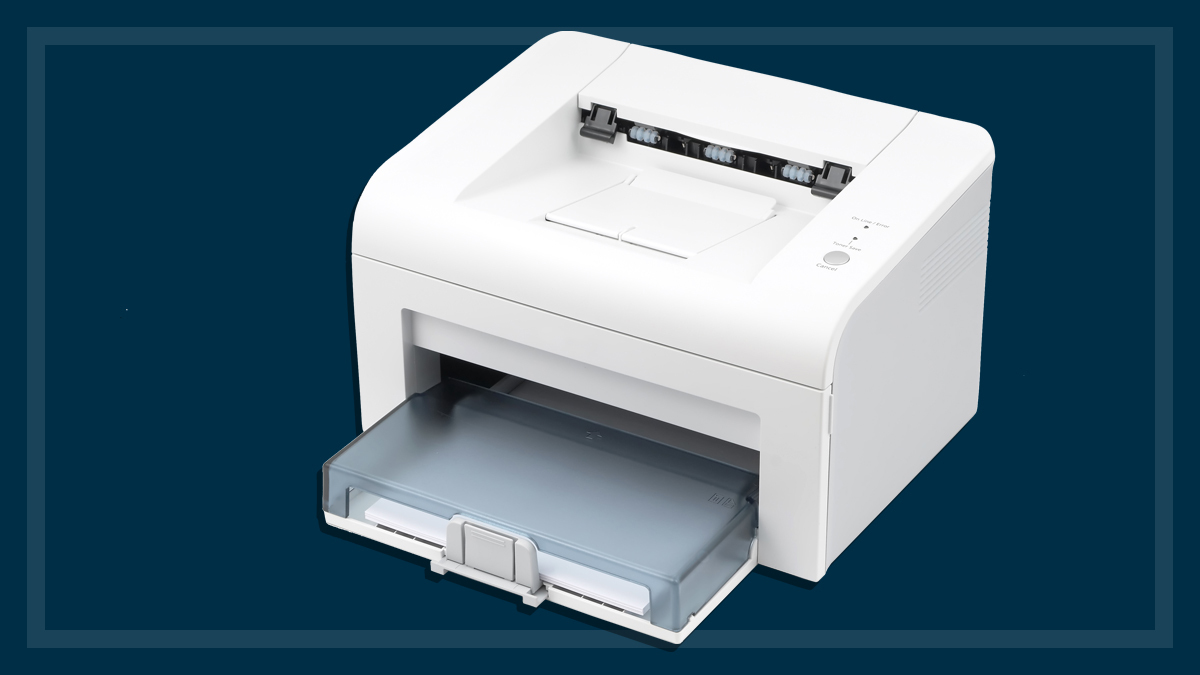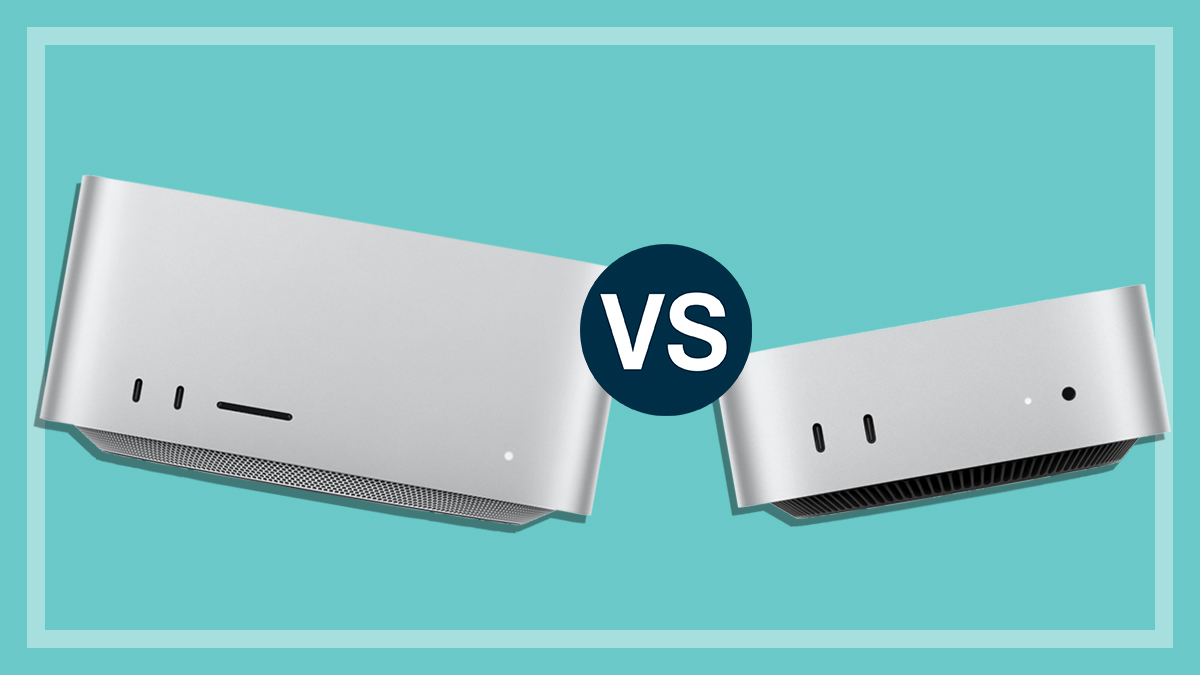How we test paper shredders
Methods we use to assess performance, ease of use, security and safety.
Last updated: 17 Nov 2017
You can protect your privacy with a good-quality paper shredder, and rest easy knowing that no one can rifle through your refuse to steal personal information. Here’s how we test this appliance to help you find the best paper shredder for you.
On this page:
How we choose what we test
Our priority is to test what you’ll see in the shops. This means sometimes we might not cover that one brand with one model that’s sold 100 samples in Australia, and instead focus on the big brand models that sell thousands and that you’ll most likely see in your local retailer. However, the number of manufacturers making paper shredders for the home is relatively small, so we set out to test as many as we could from big name brands down to lesser-known alternatives.
How do we know what’s in retailers? We check current market figures to see what’s selling well. We also include models that you’ve requested; if a lot of members want it, we’re going to test it.
Test criteria explained
Our test focuses on ease of use, security and safety. We see how many sheets each model can shred simultaneously, and how much time they take, as well as the type of shred. Type of shred is important because diamond and cross cuts make it more or less impossible to reassemble your documents. Shred cuts, however, can be put back together. This also applies to models that can destroy cards and CDs/DVDs.
If the shredder claims to destroy credit cards, we shred one and score the result. Cross-cut scores higher than strip-cut, and the smaller the pieces the better. We also assess each model’s ability to remove staples, if this feature is advertised.
When assessing safety, we use child finger probes to check whether fingers can access the blades of the shredder while it’s operating, and check whether the shredder will operate with the bin removed.
How we test
The overall score is made up of:
- Performance (50%)
- Ease of use (50%)
Performance
We measure the time taken to shred a single sheet of 80gsm A4 paper. We do three passes and average the result, then wait for the motor to stop turning as the indication that shredding has been completed. Finally, we measure the size of the resulting pieces and compare this to the manufacturers’ claims. Cross-cut scores higher than strip-cut, and the smaller the pieces the better.
We also measure the time taken to shred the maximum claimed number of sheets of 80gsm A4 paper, or the number of sheets the shredder can effectively handle if it’s less than claimed. We do three passes and average the result, then calculate the time it would take to shred 100 sheets, taking into account the duty cycle. We also measure the noise generated by the shredder while it’s shredding.
If the shredder claims to destroy credit cards, we shred one and score the result. Cross-cut scores higher than strip-cut, and the smaller the pieces the better. We also destroy CDs to score the result, if this feature is advertised.
Finally, if the shredder claims to handle staples, we staple together the maximum number of sheets it can handle and check that it doesn’t jam while shredding.
At the end, we note whether the shredder suffered any damage during the performance testing.
Ease of use
We test how easy it is to feed single and multiple sheets into the shredder, use the controls (including reading and understand the markings and any status lights) and empty the bin, and we look at how stable the shredder is, i.e. how easily it might tip over.
Ready to buy?
Check out our paper shredder reviews to find a model that suits your needs, or our buying guide for more information on what to look for in these products.
Related
Peter Zaluzny is a Content producer in the Digital home team. He covers everything from home entertainment and personal safety devices to tech for your car and mattresses.
Peter enjoys cutting through the nonsense to help people understand the products they’re considering to buy. He helps consumers make educated, informed decisions.
Peter has a Bachelor's degree in Journalism and a Bachelor of Arts from the University of Wollongong. LinkedIn
Peter Zaluzny is a Content producer in the Digital home team. He covers everything from home entertainment and personal safety devices to tech for your car and mattresses.
Peter enjoys cutting through the nonsense to help people understand the products they’re considering to buy. He helps consumers make educated, informed decisions.
Peter has a Bachelor's degree in Journalism and a Bachelor of Arts from the University of Wollongong. LinkedIn


